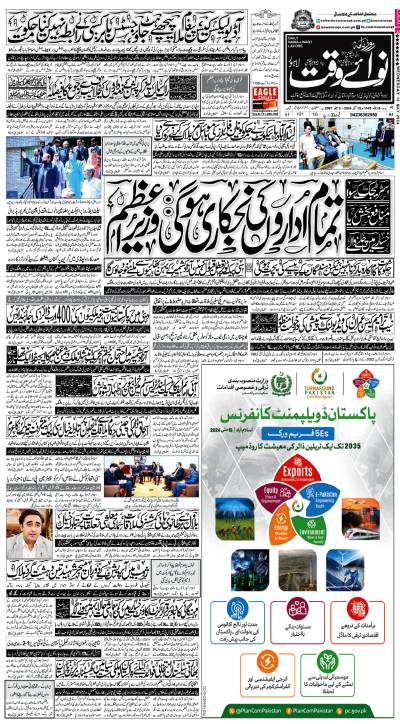Education plays an important role in shaping one’s life and career. The significance of education in human life cannot be denied; it not only opens employment opportunities but also cultivates civility and sociability. Furthermore, education contributes to the social and economic development of society. According to Article 25-A of the Constitution of Pakistan, access to education is a fundamental right for children aged 5-15 years.
However, in rural areas, numerous challenges hinder the pursuit of education. Shortages of schools and transportation difficulties often impede students from attending school regularly. Inadequate infrastructure and lack of facilities compromise the quality of education. Additionally, the shortage of teachers results in overcrowded classrooms, with one teacher often having to manage a large number of students.
Moreover, teachers in rural areas face challenges related to transportation, housing, and communication, impacting their overall well-being.
To address the education crisis in rural areas, it is imperative to train teachers specifically for these regions. This may involve offering higher salaries, providing housing or transportation benefits, and creating opportunities for career advancement. Another solution is to enhance teacher training programs and making them more accessible to individuals residing in rural areas.
This ensures that teachers possess the requisite skills and knowledge to deliver quality education. Collaborating with NGOs and organisations focusing on education can also aid in recruiting and training teachers for rural areas. By implementing these solutions, we can enhance the quality of education in rural regions.
NASEER AHMED,
Sukkur.





